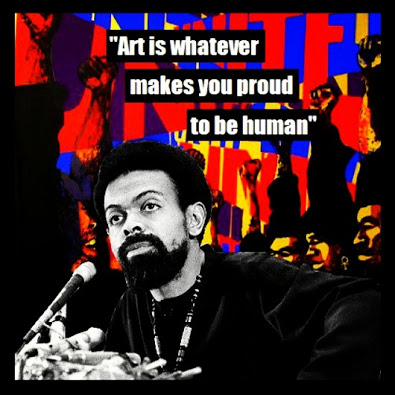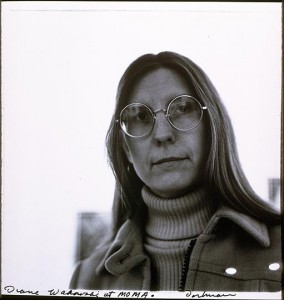Leroi Jones and my best college job

Amiri Baraka. Photo: Michael David Saunders Hall
What was your best job during your college years?
When Amiri Baraka died earlier this month, I was reminded of mine.
I crossed paths with Leroi Jones, who later took the name Amiri Baraka, back in the ’60s when he was living in NYC and writing take-no-prisoners poetry about the black experience.
I was attending CCNY, supporting myself with a variety of jobs ranging from bartender to waitress to secretary, office manager to short order cook.
Then, in my sophomore or junior year, I landed a job as administrative assistant at the Academy of American Poets. Sounds pretty glorious, right?
Well, at the time, the Academy was located on the upper East Side on the second floor of a brownstone and was the pet project of a well-known society lady. (Please note: since then, the Academy has grown into quite an important and independent organization.)
So, how did a cutting edge black poet and a bastion of privileged white culture come together in my life?
I was assigned the job of running a new project at the Academy: Young Poets in the Schools. We pulled together a cadre of remarkable young and emerging poets to give poetry readings in public high schools around the city. Poets were paid the at-the-time fabulous sum of $100-200 per reading. This was an extraordinary opportunity for poets. A lot of money and great exposure.

Diane Wakowski, at a MOMA reading, probably taken in the ’60s. Photo: Elsa Dorfman
In addition to Leroi Jones (Amiri Baraka), we had Ishamel Reed (poet, author, founder of the “East Village Other”), Diane Wakoski, Paul Blackburn and other edgy and innovative poets. I was 19 years old and scheduled these poets into NYC schools. I also spent a fair amount of time trying to calm principals and teachers who found the work a bit too radical (“Never send that man here again!”) or the language too raw for the time (“We do not permit the use of four-letter words inside our school!”).
Now, decades later, I think back to that time and I’m amazed at how well the Academy team did in selecting talent for the program. Virtually every one of the dozen or so artists we sent out to schools went on to make names for themselves in the world of literature and teaching.
Whenever I see one of these poets in the news–and, sadly, more and more it’s in an obituary–I am back in Manhattan, mid-’60s, trying to act as if I knew what I was doing as the middlewoman between avant garde poets and rather stodgy public school bureaucrats. The sheer unlikeliness of it still brings a smile to my face.
Rest in peace Leroi/Amiri–you had me tearing my hair out but I learned so much from you and the others in that unlikely cadre.







